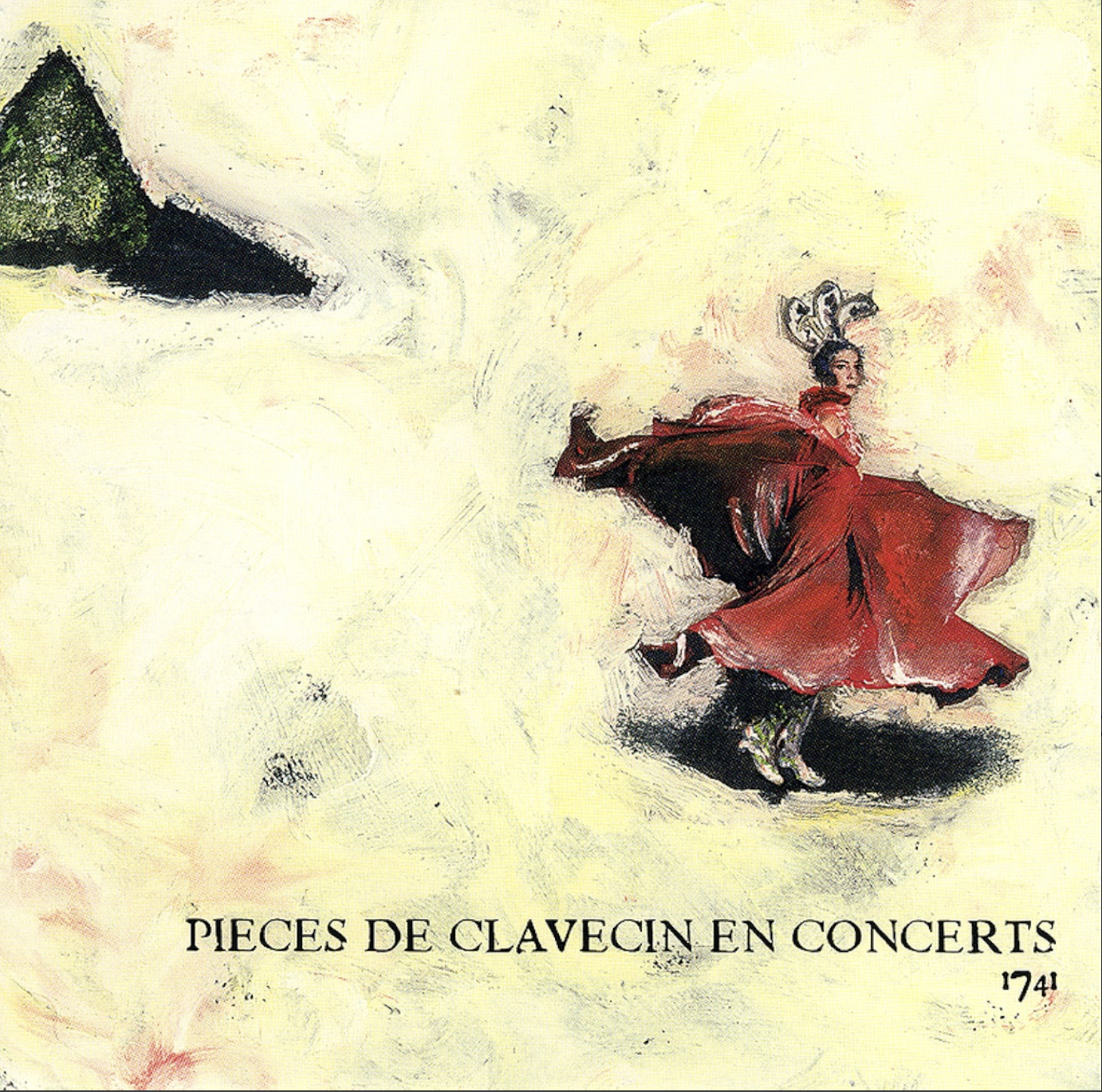Rameau: Pièces de clavecin en concerts • Rannou
Rameau is high French baroque, and his harpsichord works are among my favorite. He also composed several character pieces that come along with bass and treble parts to play, as the English might have said, in consort. And there is the explanation for the title: they are pieces to be played in consort.
Almost have titles such as La Coulicam, La Boucon, La Rameau, or La Marais. Some of the titles are obvious to figure out, they're named after people.
Claveniste Blandine Rannou is joined by Valérie Balssa and transverse flute, Catherine Girard on violin and Emmanuel Balssa on gamba. As a point of contrast, I only own one other collection of this 1741 work, with Christophe Rousset and two Japanese counterparts on strings; his version does not include flute.
In this recording, they take a piece like La Cupis at a glacial speed, which in some cases might have me switching to my first, more familiar recording. But in this case, it's like they're savoring a really good piece of chocolate. This one example points to their approach, which tends to lean on the more sensual side of things. Of course, there are a few toe-tappers that they meet with aplomb, such as the final track, La Marais. The tempo on la Rameau is just fine, but there's something missing from the phrasing; it's not missing from Rannou, but her partners. I'd like more accents on the strong beats. As a comparison, their reading of Les Tambourins too uses a strong tempo, but the accented beats come across quite well. In the end, I can't say enough good things about this collection from Rameau... they are indeed extraordinary character pieces, with one of my favorites, La Livri, evoking mystery and richness.
This ensemble recorded the works in 2001 on Zig Zag Territoires, evidently, in a multi-disc set. I picked this recording up second-hand from La Dame Blanche in Paris.It doesn't replace my already well-liked recording with Christophe Rousset on Harmonia Mundi; but it is different enough to earn a special place alongside that earlier recording.



